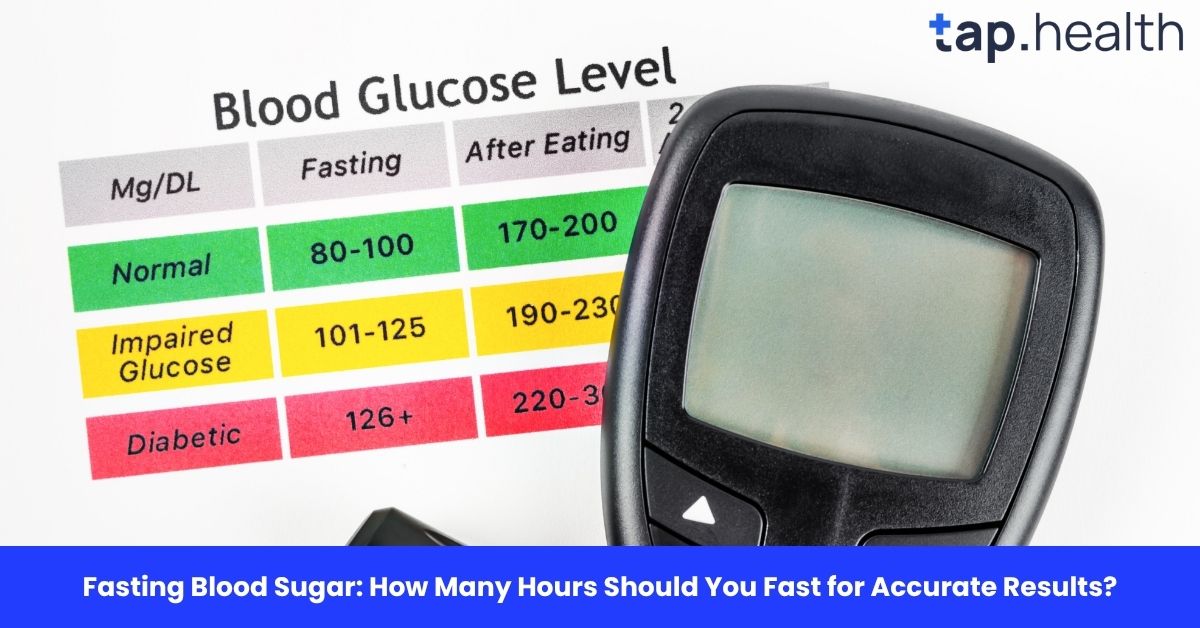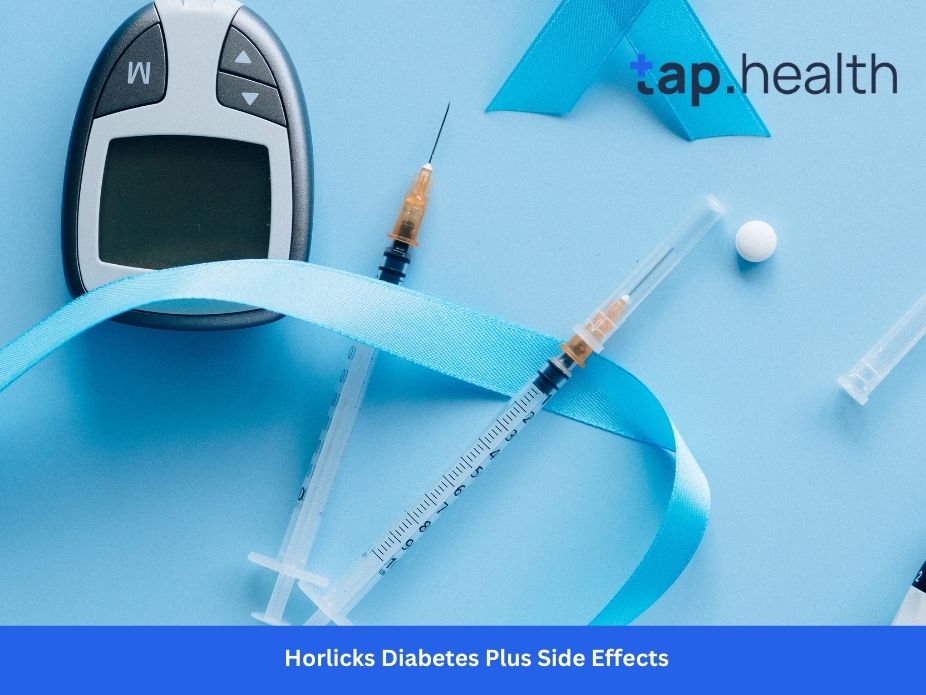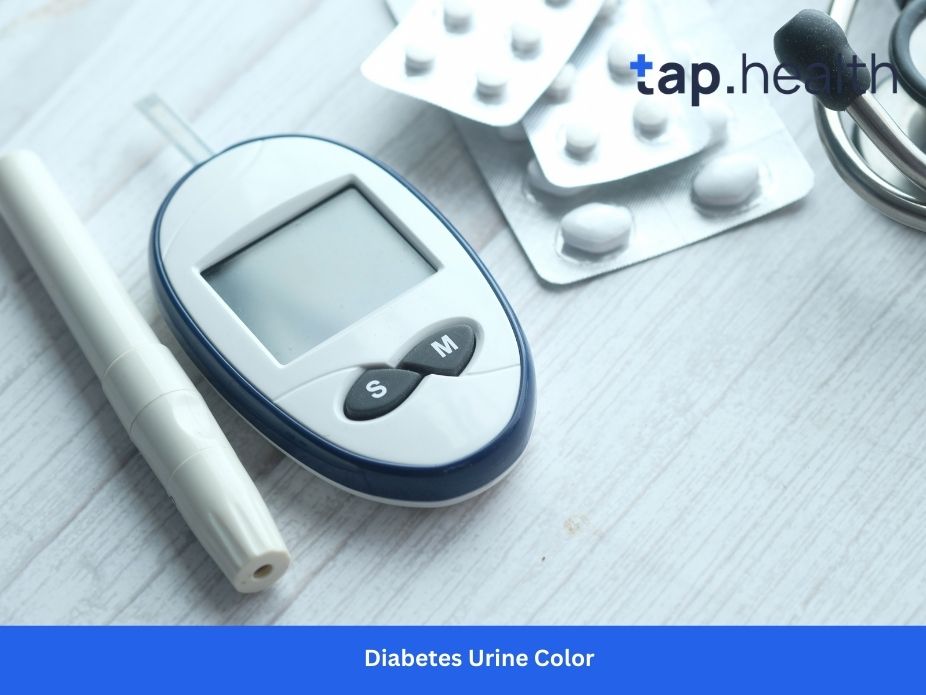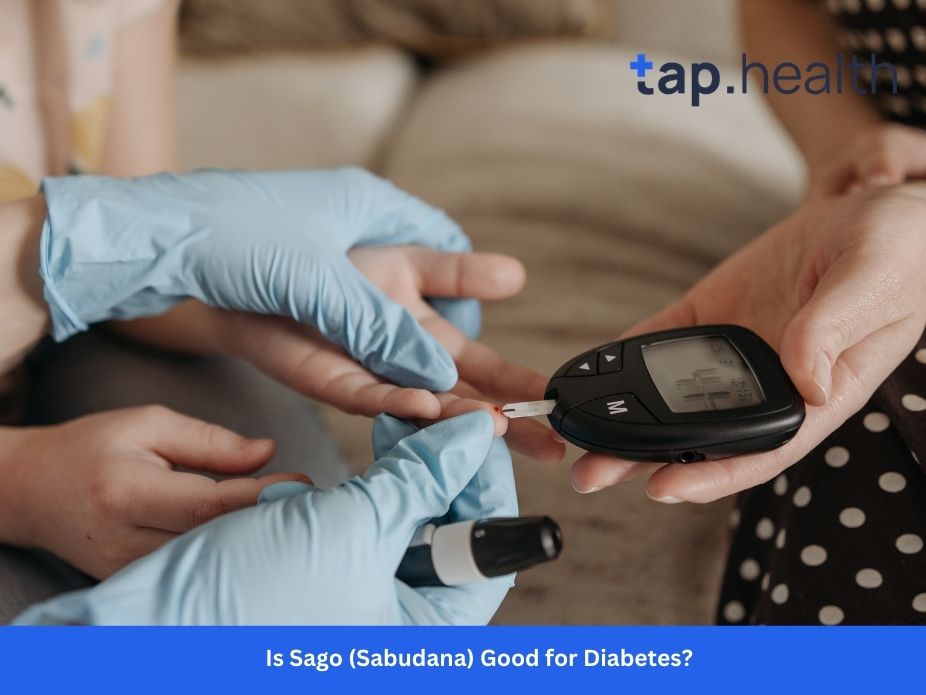Fasting blood sugar levels are essential indicators of your overall health, particularly when it comes to monitoring for conditions like diabetes. But how many hours should you fast before a blood sugar test to get accurate results? This question is common among individuals who are preparing for medical tests or monitoring their blood sugar regularly. Understanding the correct duration for fasting before blood sugar testing can help you get reliable results and manage your health more effectively.
In this article, we’ll walk you through everything you need to know about fasting blood sugar, the ideal fasting period, and the factors influencing it. We’ll also explore why it’s essential to follow fasting instructions correctly and answer some of the frequently asked questions on the topic.
What Is Fasting Blood Sugar?
Fasting blood sugar refers to the measurement of glucose (sugar) levels in your blood after you have not eaten for a specified period. It is typically measured after an overnight fast or an extended period without eating. This test is essential for detecting abnormalities in blood sugar levels and diagnosing conditions such as diabetes, prediabetes, and hypoglycemia.
During a fasting blood sugar test, the body’s natural ability to process sugar is assessed. The fasting period is necessary to get a baseline measurement of your body’s glucose levels without interference from recently consumed food.
How Many Hours Should You Fast for Accurate Blood Sugar Results?
The ideal duration of fasting before a blood sugar test is usually 8–12 hours. The specific fasting period can vary depending on the test instructions given by your healthcare provider. However, most fasting blood sugar tests require you to fast for at least 8 hours to ensure the accuracy of the test results.
Why is 8–12 Hours the Recommended Fasting Duration?
The reasoning behind the 8–12 hours fasting period is to give your body enough time to process and metabolise the food you’ve consumed. This allows the blood sugar levels to stabilise and reflect a more accurate reading of how your body handles glucose without the influence of a recent meal.
For instance, if you ate a heavy meal shortly before the test, your blood sugar levels could be artificially high, making it difficult for doctors to assess your baseline levels properly.
The Process of Fasting for Blood Sugar Testing
When you’re preparing for a fasting blood sugar test, it’s important to follow the prescribed guidelines to ensure the most accurate results. Here’s what you should do:
- Eat Normally the Day Before: On the day before your test, you can eat your regular meals. However, it’s essential to avoid excessive sugar or carbohydrate-rich foods that could alter your blood sugar levels.
- No Food or Drink (Except Water) During Fasting: For the fasting period, you must refrain from eating or drinking anything other than water. Even a cup of coffee or a juice can interfere with your blood sugar levels, leading to inaccurate results.
- Plan Your Test in the Morning: Scheduling your test in the morning is the best approach since you will have already fasted overnight, and it’s easier to comply with the fasting period.
- Stay Hydrated: It’s crucial to stay hydrated during the fasting period. Drinking water helps maintain normal blood circulation and keeps you feeling comfortable. However, avoid consuming any drinks that contain calories or artificial sweeteners.
- Follow Doctor’s Instructions: Always follow the instructions given by your healthcare provider. In some cases, your doctor may recommend a longer fasting period or specific restrictions depending on your health condition.
What Happens if You Don’t Fast for Long Enough?
Failing to fast for the required time can lead to inaccurate test results. When you eat or drink before the test, the body releases insulin to process the glucose from the food. As a result, your blood sugar levels might be higher than normal during the test, giving a false reading.
This is why it’s essential to stick to the fasting period. If you eat or drink anything during the fasting period, it may impact the test’s ability to detect whether you have normal blood sugar levels or are at risk of conditions like diabetes.
Factors That Can Influence Fasting Blood Sugar Results
Several factors can affect the results of your fasting blood sugar test, and it’s essential to keep them in mind:
- Medications: Some medications can impact blood sugar levels, so it’s crucial to inform your doctor about any medicines you are currently taking before your test. Medications for hypertension, corticosteroids, and others may interfere with blood sugar readings.
- Stress: Physical or emotional stress can cause a spike in blood sugar levels, which may affect test results. Make sure to stay calm and relaxed before the test.
- Health Conditions: Certain health conditions, such as hormonal imbalances, infections, or liver problems, may impact your blood sugar levels. Always inform your healthcare provider if you are dealing with any health issues that might influence the test.
How Accurate Is the Fasting Blood Sugar Test?
The fasting blood sugar test is considered one of the most reliable methods for diagnosing diabetes and prediabetes. However, it is important to remember that the fasting blood sugar test is not always conclusive by itself. For a more accurate diagnosis, doctors often use additional tests such as:
- Oral Glucose Tolerance Test (OGTT): This test involves drinking a sugary solution after fasting to see how your body processes sugar over time.
- Hemoglobin A1c Test: This test measures your average blood sugar levels over the past two to three months and provides a broader view of your blood sugar control.
Why Is Fasting Blood Sugar Important?
Fasting blood sugar tests are essential for identifying the early signs of diabetes or other blood sugar-related disorders. By detecting high or low blood sugar levels early, you can take steps to manage your health better and avoid complications later on.
Also read this : How Many Calories in 1 Pound of Ground Beef?
Benefits of Monitoring Fasting Blood Sugar
- Early Detection of Diabetes: The test can identify the early stages of diabetes before symptoms appear, which can help prevent complications like heart disease, kidney failure, and nerve damage.
- Diabetes Management: For individuals already diagnosed with diabetes, regular fasting blood sugar tests help monitor how well the disease is controlled, assisting in treatment decisions.
- Assessing Risk Factors: Fasting blood sugar tests help doctors assess whether a person is at risk for developing type 2 diabetes, based on their blood sugar levels.
Myths vs. Facts About Fasting Blood Sugar
There are many myths surrounding fasting blood sugar tests. Let’s clear up some common misconceptions:
Myth 1: You Can Eat Anything Before the Test as Long as You Fast Overnight
Fact: You must fast for at least 8–12 hours before the test. Avoid eating or drinking anything other than water, even if it’s only a small amount.
Myth 2: Fasting Blood Sugar Tests Are Only for Diabetic People
Fact: Fasting blood sugar tests are used for everyone, whether or not they have diabetes. It helps detect potential issues early on, even in healthy individuals.
Myth 3: A Single Fasting Blood Sugar Test is Enough to Diagnose Diabetes
Fact: A single test is rarely conclusive. Doctors often use additional tests, such as the Oral Glucose Tolerance Test or A1c, to confirm diabetes.
Key Takeaways
- Fasting blood sugar tests are vital for diagnosing and managing diabetes and other glucose-related issues.
- You should fast for at least 8–12 hours before taking the test to ensure accurate results.
- Avoid eating, drinking, or consuming anything except water during the fasting period.
- Be aware of factors like medications, stress, and health conditions that may impact your results.
- Regular fasting blood sugar tests can help with the early detection of diabetes and better management of the condition.
Frequently Asked Questions (FAQs) on Fasting Blood Sugar
Q1: How many hours should I fast before a blood sugar test?
A1: You should fast for at least 8–12 hours before a fasting blood sugar test. This ensures the most accurate results.
Q2: Can I drink water before a fasting blood sugar test?
A2: Yes, drinking water is allowed during the fasting period. However, avoid consuming anything with calories or artificial sweeteners.
Q3: Does stress affect fasting blood sugar levels?
A3: Yes, stress can cause an increase in blood sugar levels, potentially affecting the test results. It’s best to remain calm before your test.
Q4: What happens if I don’t fast long enough before the test?
A4: If you don’t fast for the required duration, your blood sugar levels may be elevated due to recent food intake, leading to inaccurate test results.
Q5: How often should I take a fasting blood sugar test?
A5: The frequency depends on your health condition. Individuals with diabetes or those at risk may need regular testing, while others may only need it once a year or less.
Q6: What is considered a normal fasting blood sugar level?
A6: A normal fasting blood sugar level is typically between 70–99 mg/dL. Levels above 100 mg/dL may indicate prediabetes, and levels above 126 mg/dL could suggest diabetes.
Q7: Can I eat a small meal before a fasting blood sugar test?
A7: No, you should not eat any food before the test. Even a small meal can interfere with your blood sugar levels and affect the accuracy of the test.
Q8: Is fasting blood sugar the only test used to diagnose diabetes?
A8: No, fasting blood sugar is one of several tests used to diagnose diabetes. Doctors may also use the Oral Glucose Tolerance Test or Hemoglobin A1c test for a more accurate diagnosis.



